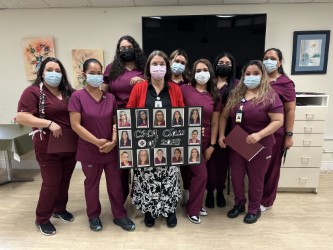Pneumonia
- Category: Health & Wellness
- Posted On:
- Written By: LVMC

Every year in the U.S., more than one-quarter of a million people are hospitalized due to pneumonia. And in the U.S., an estimated 50,000 people die from the disease each year.
But did you know that vaccines and appropriate treatment, such as antibiotics and antivirals, can prevent many of these deaths? With pneumonia as the single biggest infectious killer of adults and children globally (more than 2.5 million deaths in 2019), a renewed educational effort is underway for World Pneumonia Day on November 12.
There is urgency because the recognition day comes amid COVID-19, the global pandemic that is adding to the dramatic increase in pneumonia deaths. World health experts estimate that COVID-19 could add 1.9 million deaths to the pneumonia toll this year.
What is Pneumonia?
Pneumonia is an infection of the lungs that can cause mild to severe illness in people of all ages. The infection causes inflammation and fluid build-up in your lungs. Some symptoms are so mild that you may barely notice them. But in other cases, the symptoms progress in severity so much that hospitalization is required. How the body responds to pneumonia can depend on many factors, including the type of germ causing the infection, how old you are, and your overall health.
Remember, anyone can get pneumonia. It is not limited to older people or those with compromised health. Germs, such as bacteria, can cause pneumonia, as can viruses and fungi. In fact, amazingly, there are more than 30 different causes of pneumonia.
Signs and Symptoms of Pneumonia
Some people may think they just have a bad cold when they may actually have pneumonia. With pneumonia, the symptoms may include:
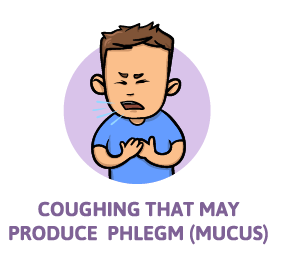
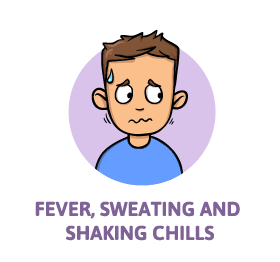
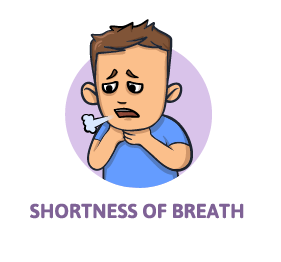
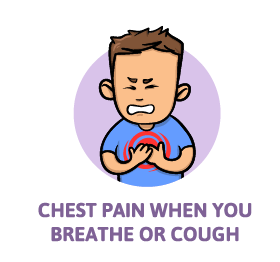
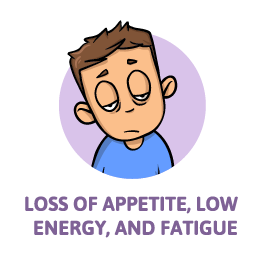
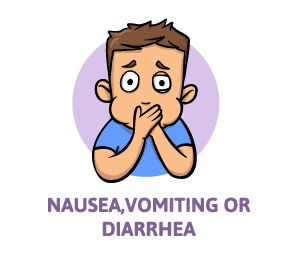
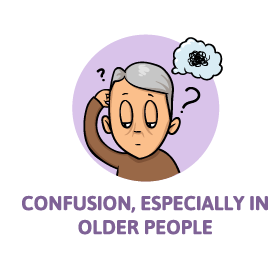
Most colds are minor and go away on their own in time with rest and fluids. While a cold and bronchitis may have many of the same pneumonia symptoms, it is only pneumonia that may include a high fever, chills, or nausea.
Despite the severity of pneumonia, there are ways to help prevent it or reduce its severity. The chances of contracting pneumonia can be greatly reduced by getting a flu shot because flu is considered a common cause of pneumonia.
Preventing Pneumonia
You may wonder what you can do to make sure you don’t contract pneumonia, especially at this time of the pandemic.
According to the Centers for Disease Control and Prevention, in the US, vaccines can help prevent infection by some bacteria and viruses that can cause pneumonia. Those include influenza, measles, pertussis, and chickenpox. Also, pneumococcal vaccines are recommended for children and adults aged 65 and older, or adults ages 19 to 64 who have chronic health conditions such as asthma or diabetes.
Many of the same things you may be doing to stay safe from COVID-19 may also keep you healthy and less susceptible to contracting pneumonia. Health professionals suggest using good habits such as:
- Washing your hands
- Eating a healthy diet.
- Drinking fluids to help eliminate congestion
- Getting enough sleep and rest
- Exercising regularly
- Refraining from smoking
- Disinfect frequently touched surfaces
If you have a cold already, and are concerned about becoming pneumonia, reach out to your primary care physician.





